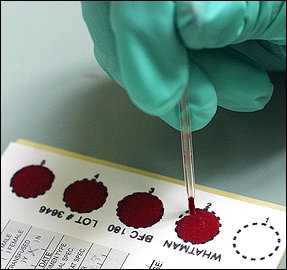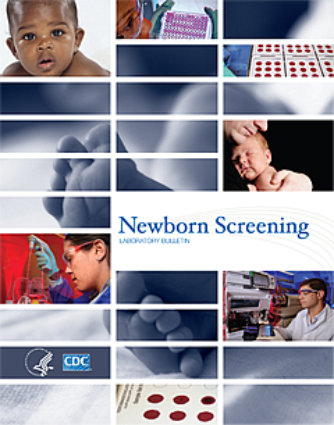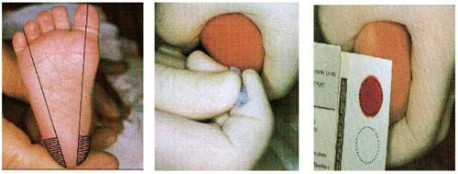What is Newborn Genetic Screening? Newborn Screening is the most widespread type of genetic testing today. Newborn Genetic screening is a health program that identifies treatable genetic disorders in newborn infants. Many of these are metabolic disoreders (often called "inborn errors of metabolism"). That interferes with the body's use of nutrients to maintain healthy tissues and produce energy. (Citation 1)
 Who pays for screening? Individual states in the United States finance their newborn screening programs in different ways. Most states collect a fee for screening, which ranges from less than $15 to nearly $60 per newborn. Health insurance or other programs can pay this fee for the newborn's parents. Often, the fee charged does not fully cover the cost of screening, so public health system funding is used to supplement the program. Financing a screening program comes with an expectation that the benefits of testing - early detection and treatment - will equal or exceed the cost.  |

How is newborn screening performed? It is done within a few day of you baby's birth. The baby's heel will be pricked with and a few drops of blood will be taken. The nurse will collect nine to ten drops of blood and place it on a filter paper. The sample is called a "blood spot". The dried blood on the filter paper is sent to ta laboratory and tested (citation 3).  What disorders will they be checking for? There are about twenty nine disorders that the March of Dimes recommends screening for. There are amino acid metabolism disorders, organic acid metabolism disorder, fatty acid oxidation disorders, hemoglobinpathies and sickle cell disease, and some other disorder.  |